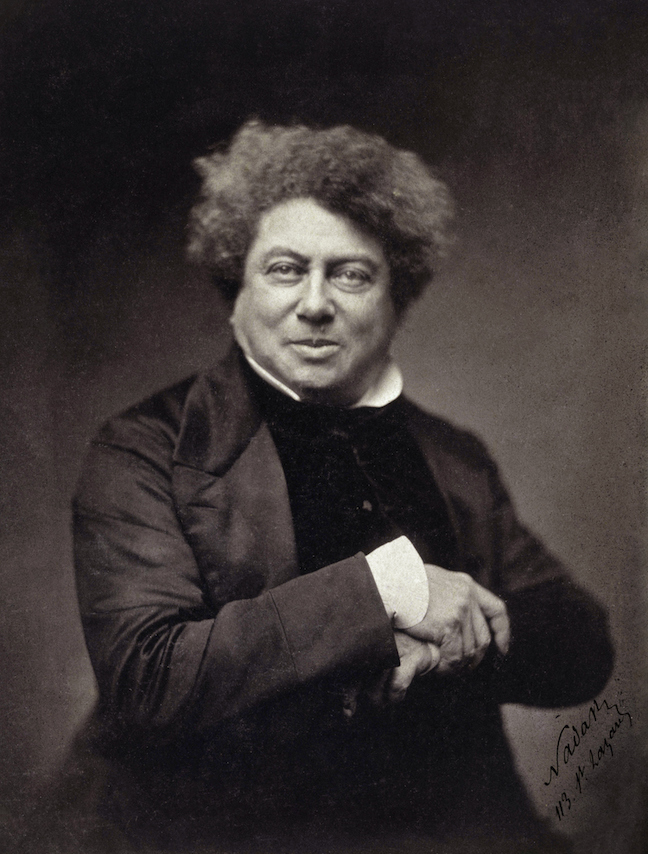“Whoever says ‘raka!’ to his brother shall be liable to the council. And whoever says, ‘You fool!’ shall be liable to the Gehenna of fire” (Mt 5:21-22).
It’s possible to set down a continuum of vices and virtues in the stance we take towards others. On one end there is brutalism, which encompasses murder. On the other end there is politeness. In between there are increasing grades of perfection, a.k.a. virtues. Politeness, from the Latin root word for polish, is the extreme of perfection. We laugh at “polishing schools,” but the fundamental idea is sound. And our society would be much better if our colleges were polishing schools too instead of animal houses.
The grades are not unlike construction. A builder first “roughs out” his product. Then he completes it. Then he adds “finishing touches.” Last of all he polishes it. Try to polish a roughed-out bathroom, and you’ll understand how someone intent on polishing himself must first accomplish the steps in between.
Minimally one refrains from harm in speech and from needlessly causing pain. Call this “kindness.” If you have nothing good to say, then say nothing at all. Hold your tongue. Bite your tongue. Stay calm and carry on.
The plethora of proverbs and sayings on this point shows how widespread this basic grade of perfection can be – and once was. It’s a trait obviously related to discretion and circumspection, which extends out to these. It requires a minimal interiority and self-command – a self-conscious gap between what one would spontaneously say and, as if playing a role, what one does say.
Probably every virtue has a counterfeit, just as flattery is counterfeit love. In our day a sentimental affirmation of every opinion of everyone passes for this kindness. But since it is relativism, it provides no rational guidance for action – and can coexist with a deep-seated brutalism.
The next stage of perfection can be called “refinement.” Here one does not merely refrain from causing harm and pain, but one actually steers others in a better direction, helping others and bringing them pleasure, but without its being apparent that that is happening. For example, you express a wish in the right circumstances – which serves as the only command you give. Or a humorous remark, springing from genuine goodwill, has the effect of correcting, without giving offense.

With refinement, we already see a complication of language. Together with a refinement of character is a refinement of language and of self-knowledge. To give a simple example, “Pick up those boxes!” requires no more than the imperative mood. But “I’ve been thinking how great this room would look if those boxes were put in place,” requires a hypothesis, the subjunctive mood, and imaginative indirection.
Politeness to some extent is just greater refinement. But politeness especially shows itself in a reciprocal exchange, when your interlocutor is equally refined, and each takes pleasure in the other’s creative response to his refinement. It’s as if, in tennis, kindness is simply keeping the ball in play; refinement is hitting good shots; and politeness is matching your opponent’s skill with one’s own worthy, corresponding skill, to keep a rally going. In politeness the social excellence of the other gets answered, not just his circumstances or actions.
In The Count of Monte Cristo by Dumas, an arrogant and cold-hearted magistrate (Villefort) at one point visits the Count, merely out of sense of duty, to thank him for having saved his son’s life. “The notable service that you performed yesterday for my wife and son,” he says, “has put me under an obligation to thank you. I have therefore come to accomplish this duty and to express my gratitude to you.”
That is polished speech indeed, but it does not spring from a polished character. Villefort is “signaling” his own virtue (as we would say), which is indiscrete in the circumstances. Furthermore, he is attempting to place the Count in an inferior position.
The Count sees these things and defends his honor with the utmost politeness: “Monsieur, I am very happy at having been able to preserve a son for his mother, for they say that the feeling of maternal love is the holiest of all; and my enjoyment of this happiness released you, Monsieur, from the necessity of fulfilling a duty, the accomplishment of which undoubtedly flatters me, knowing as I do that M. de Villefort is not prodigal with the honor that he does me, but which, precious though it may be, is less valuable to me than my sense of inner satisfaction.”
Dumas writes that Villefort “was astonished by this unexpected sally and winced like a soldier feeling a sword-thrust beneath his armor.” One might spend a fair bit of time analyzing the Count’s response. Note how he refers to the mother’s love not the father’s. He refers to Villefort in the third person, which matches the other’s viewpoint of mere legal obligation. He uses the phrase, “knowing as I do,” to advert to Villefort’s reputation. He minimizes through exaggeration (“undoubtedly flatters me”); and alludes to a philosophical theory (egoism – “less valuable than my sense of inner satisfaction”).
The exchange also shows that politeness – unlike our dubious “civility” – can’t be expected to bear the weight of all the virtues. But it is one among several, with its proper use. Indeed, Dumas tells us that Villefort “did not henceforth consider Monte Cristo a very civil gentleman”! The evil Villefort was merely civil, as were his flatterers.
Recall that Monte Cristo was fabulously successful when it first came out, serialized. While I am reading Monte Cristo to my younger children this summer, even the six-year-old listens on intently. Like the others, she finds this language fascinating. What would it be like to think in this way, to speak in this way? Can we aspire to politeness, to an extreme of virtue, in our conversation with others, as we do in sports or music?















